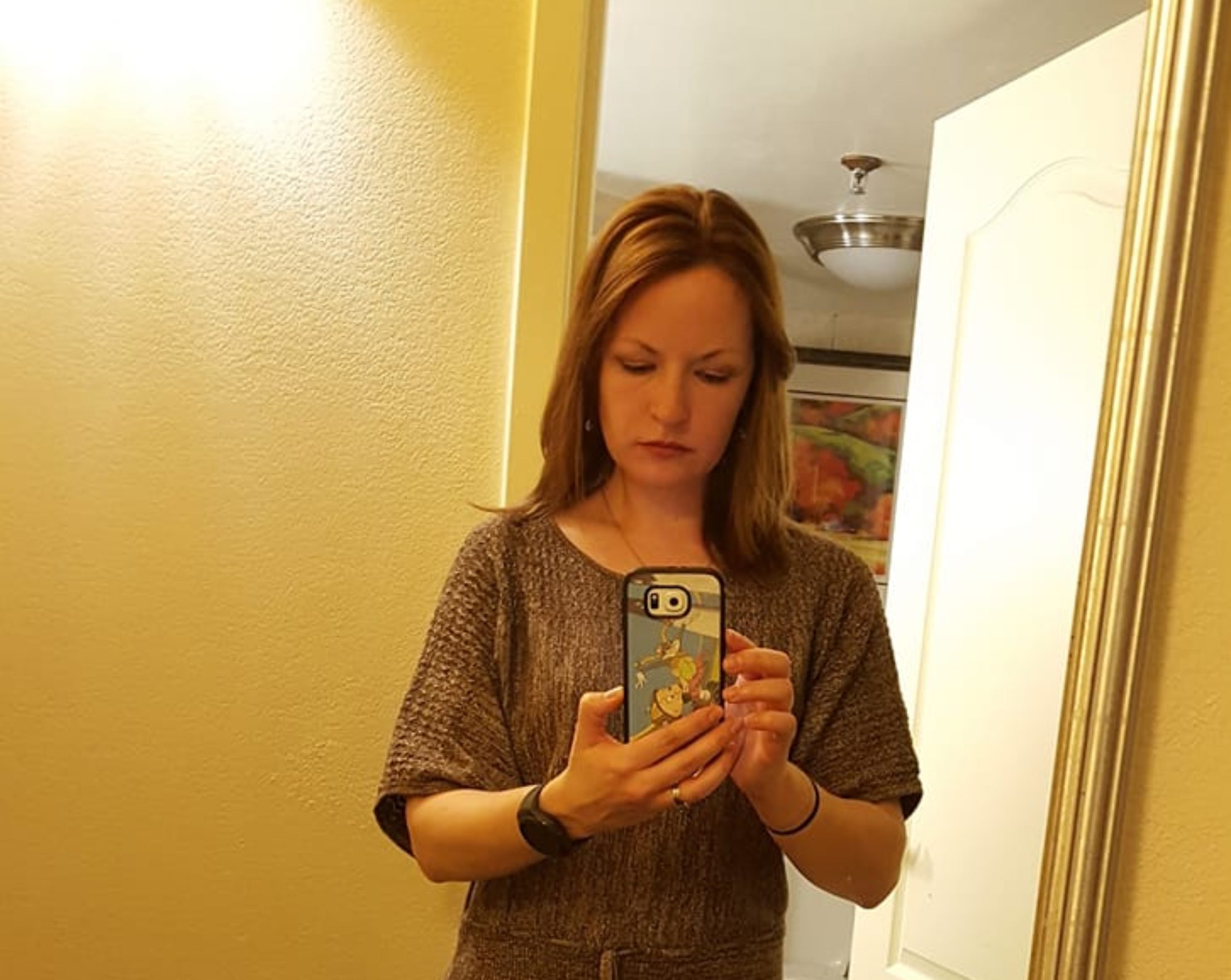The practice of writing romance has recently evolved. A market once dominated by demure, virginal debutantes is now swarming with strong, capable heroines, intricate plot lines and diverse supporting characters. Newer stories are being published that lack the soap-opera feel, introduce edgy themes and express open female sexuality. Many of these established authors are skilled at what they do.
The intellectual community denounces the genre entirely as nothing but a serving of empty calories. This particular market, however, is the most lucrative of them all As a market that has no other goal but to enchant its readers, how does the romance genre make its place among its literary fellows? The love story is a staple of literature be it classic or contemporary. The question of how it is told seems to determine the prestige it is granted by literary society. Romance is instilled in many of the classics brought to the classroom, but shunned when it sits in a specific section in our modern bookstores.
What defines a quality work of fiction from a trashy sex novel? What attributes of a romantic relationship separate one from the other? Some will argue that the explicit sex degrades the value of the characters’ relationships. If so, then why was “Brokeback Mountain” published in the New Yorker, hailed by literary critics and showered with awards when sex is one of its driving elements? What is required of a love story in order to be considered an item of intellectual worth? Many publishers of romance list their guidelines in precise detail. The formula usually calls for strong leading characters and a powerful conflict that keeps them apart.
Most of the publishers’ requirements are in sync with the readers’, and what they are asking for is not so different from what all fiction writers hope to accomplish: to tell a good story. There is a vast community of romance writers who study and discuss the craft, looking for ways to enhance their writing and become a more powerful force for their readers. But, despite the sophisticated prose and complex characters infused in many novels of the genre, the word ‘romance’ carries with it a stigma of hack writing.
Finding a respectable niche for our most widely read genre is important to authors and readers alike, as well as students of fiction. Classic and contemporary works such as Jane Eyre, Wuthering Heights and Girl With a Pearl Earring should be explored for what facets of romance make them successful. A happy ending should not instantly make a story deficient, nor should the intentions of the author influence the question of quality. Escapist and entertainment fiction deserve to be recognized as components of a genre that requires just as much labor and devotion as its colleagues.
